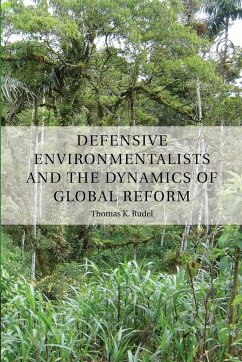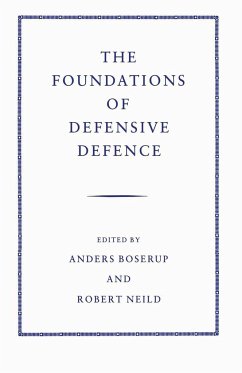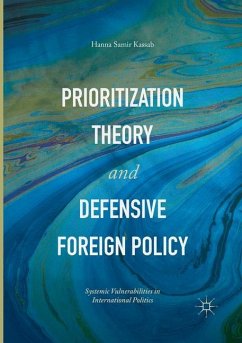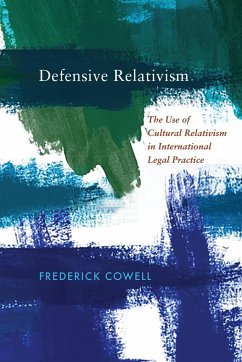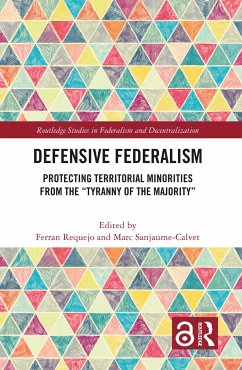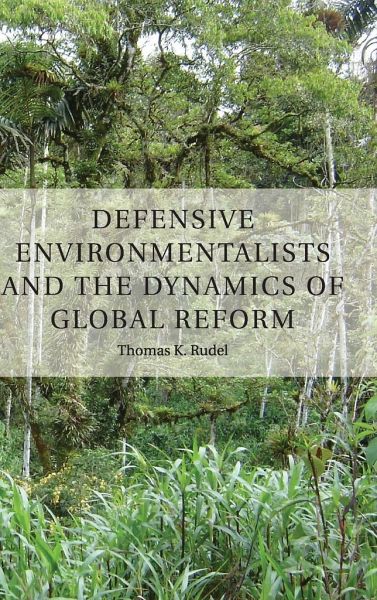
Defensive Environmentalists and the Dynamics of Global Reform
Versandkostenfrei!
Versandfertig in 1-2 Wochen
116,99 €
inkl. MwSt.
Weitere Ausgaben:

PAYBACK Punkte
58 °P sammeln!
As global environmental changes become increasingly evident and efforts to respond to these changes fall short of expectations, questions about the circumstances that generate environmental reforms become more pressing. Defensive Environmentalists and the Dynamics of Global Reform answers these questions through a historical analysis of two processes that have contributed to environmental reforms, one in which people become defensive environmentalists concerned about environmental problems close to home and another in which people become altruistic environmentalists intent on alleviating globa...
As global environmental changes become increasingly evident and efforts to respond to these changes fall short of expectations, questions about the circumstances that generate environmental reforms become more pressing. Defensive Environmentalists and the Dynamics of Global Reform answers these questions through a historical analysis of two processes that have contributed to environmental reforms, one in which people become defensive environmentalists concerned about environmental problems close to home and another in which people become altruistic environmentalists intent on alleviating global problems after experiencing catastrophic events such as hurricanes, droughts and fires. These focusing events make reform more urgent and convince people to become altruistic environmentalists. Bolstered by defensive environmentalists, the altruists gain strength in environmental politics and reforms occur.





